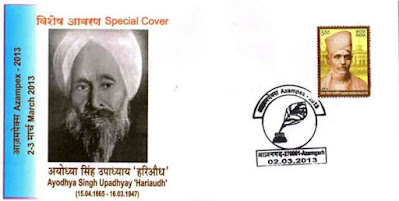Himachal Day is celebrated on April 15th each year to commemorate the creation of the Indian state of Himachal Pradesh. On April 15, 1948, Himachal Pradesh was established as a centrally administered territory by integrating several princely states, including Chamba, Bilaspur, Mandi, Sirmaur, and others.
Himachal Pradesh is situated in the western Himalayas and is known for its stunning landscapes, picturesque hill stations, and rich cultural heritage. Himachal Day is an occasion for the people of the state to celebrate their identity, history, and achievements.
On Himachal Day, various cultural events, exhibitions, and parades are organized across the state to showcase its cultural diversity and promote tourism. It is also an opportunity for the government to highlight the developmental progress and initiatives undertaken for the welfare of the people of Himachal Pradesh.
Himachal Day holds special significance for the residents of the state, as it serves as a reminder of their collective journey towards statehood and their aspirations for the future. It is a day of pride, celebration, and unity for the people of Himachal Pradesh.












